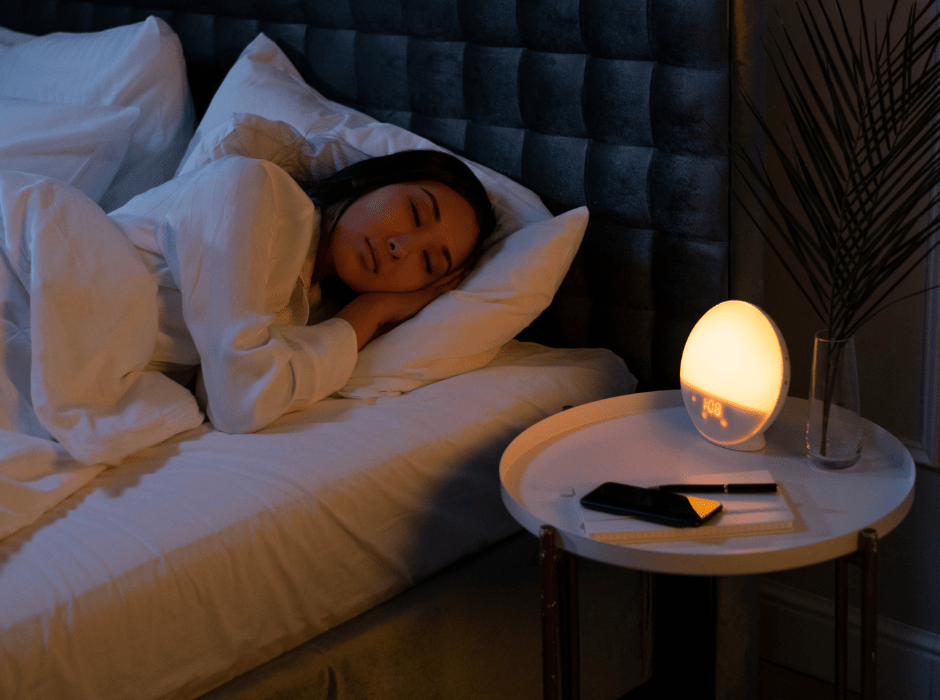In today’s fast-paced world, the suffering of insomnia is a problem that affects countless individuals. Far more troublesome than the irritating boss or clingy partner. The more you want to wake up early, the harder it is to fall asleep. This inability to fall asleep quickly can have serious consequences, leading to a lack of energy and deteriorating physical health.
However, there may be a solution – the “US Navy Sleep Method”, a rapid sleep technique developed by the United States Navy Pre-flight School to prevent flight errors caused by pilot fatigue. According to a report in the Daily Mail, after just 6 weeks of practice, an astounding 96% of pilots were able to overcome jet lag and quickly fall into a deep, restorative slumber.
American paediatrician Dr. Jess Andrade has personally tested this method and provided more detailed steps. She claims that once you get the hang of it, you can fall asleep in just 10 seconds, with a 100% success rate. The key, she explains, is allowing the body to fully relax without the mind becoming distracted by extraneous thoughts.

Now, let’s give it a try!
Step 1: Clear the mind.
Spend 10 seconds completely emptying your thoughts, perhaps visualising yourself drifting peacefully in a small boat on a calm lake or lying in a cosy hammock. If your mind starts to wander during the meditation, silently repeat “don’t think, don’t think, don’t think” for 10 seconds to remind your brain to stop.
Step 2: Systematically relax the body.
Starting from the forehead, gradually relax all the facial muscles, methodically releasing tension in the forehead, eyes, cheeks, lips, chin and tongue. Then move down to the shoulders, neck, arms and legs, allowing them to hang loosely. Finally, slowly relax the legs, from the thighs to the calves, ankles, and toes, feeling the skin’s soft contact with the bed sheets.
Step 3: Regulate the breath.
Take a deep, cleansing breath and slowly exhale, maintaining a steady, calming rhythm. By this point, most people will have already fallen into a deep sleep.
So if you’re struggling to enjoy the restorative benefits of a good night’s sleep, why not give the US Navy’s rapid sleep method a try? It just might be the cure for your insomnia woes.




